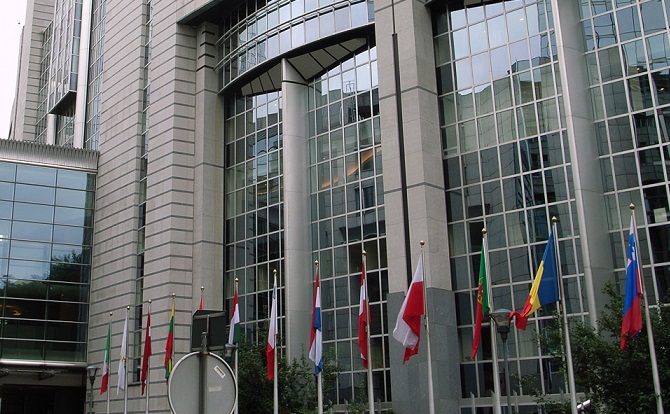 It has been well documented that the EU General Data Protection Regulation is set to transform the way personal data is collected, processed and stored by businesses when the new law comes in to force in May 2018. And for good reason, as it seems there is an increasing acceptance that connectivity in the modern age is a necessity if we are to experience a fully engaged life.
It has been well documented that the EU General Data Protection Regulation is set to transform the way personal data is collected, processed and stored by businesses when the new law comes in to force in May 2018. And for good reason, as it seems there is an increasing acceptance that connectivity in the modern age is a necessity if we are to experience a fully engaged life.
Recent polls targeting smaller businesses and start-ups in the UK reveal a knowledge gap and ambiguity over how to prepare for the new legislation, with 86% of organisations worldwide concerned that a failure to adhere to the new legislation could have major negative effects on their business—and one in five fearing that non-compliance could be enough to put them out of business altogether.
With fines as high as €20 million, or 4% of global turnover (whichever is higher), it’s no surprise that so many organisations are experiencing trepidation over the changes.
However, it’s not all rules and regulations; there are several benefits to consider as a small business.
Less bureaucracy
As well as having to comply to less rigid protocols, small businesses and start-ups should see GDPR as an opportunity for growth. By their nature, SMEs are generally more nimble, malleable and adaptable than larger organisations, which are often weighed down by internal bureaucracy and complex compliance procedures. Start-ups that use data preferences for consumer services that are compliant with the new legislation will quickly discover its benefits and reap the rewards.
Transparency and trust
A secondary benefit of being more open and transparent with customer data is that it has the potential to build more meaningful relationships with customers, assembled on strong foundations of trust. Consumers having a better understanding of how their data is being collected and stored offers the potential to create a greater sense of security, which in turn will build customer confidence, offering the potential to impact brand advocacy, sales and the bottom line.
Everyone is not your customer
Likewise, although SMEs will have access to less data than before, the data they will have will be much richer and far more accurate. GDPR will ensure businesses fine-tune their databases and prioritise quality over quantity; the customers that remain within a database will be far more likely to interact with the brand and, more importantly, convert into sales.
Whilst it’s important to acknowledge the uncertainty of GDPR and to take the protocols seriously, small businesses should not live in fear of the inevitable. Being agile and pliable are advantageous strings to the SME bow, and it’s these traits that will be of benefit to small businesses as they seek to adapt and thrive in the brave new world of data compliance.
Kate Jack is country lead at UK Innovation Hub at innogy Consulting GmbH















